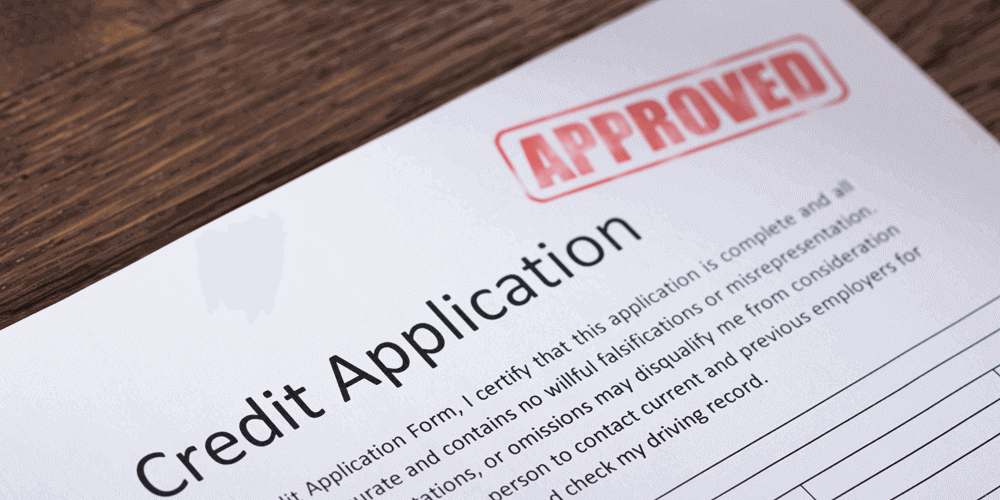What are Private Student Loans and How Can I Use Them?


Highlights:
- Private student loans are offered by banks, credit unions and other private lenders to cover college, career school or graduate school costs. They are often used as a supplementary form of funding because they are typically more expensive than federal student loans.
- Private student loans are most commonly used to cover college tuition, fees, textbooks and other educational expenses. However, most private student loans can also be used for living expenses while you're in school.
- It's best to borrow and spend only what you need to pay for your education. However, if you do have leftover student loan funds, return the extra money to your lender to save on future interest payments.
If your expenses for secondary education exceed the amount you receive in federal aid, the Office of Federal Student Aid, which is part of the U.S. Department of Education, is typically your first stop. However, if your expenses exceed the amount you receive in federal aid, a private student loan may be able to help. Here are a few things to know about how private student loans work and the ways you can use them to help fund your education.
What is a private student loan?
Banks, credit unions and other private lenders offer private student loans to cover the cost of your college, career school or graduate school. They are often used as a supplementary form of funding because they are typically more expensive than federal student loans. For example, private student loans may have higher interest rates, and private lenders generally do not offer the same flexible repayment options as federal student loans.
However, despite these potential drawbacks, private student loans can still be a crucial source of funding for students who do not qualify for enough need-based financial aid to cover the cost of their education. Private loans can also be an important resource for international students who want to attend college in the United States, as most are not eligible for federal student aid.
How do private student loans work?
Unlike federal student loans, private loans are not need-based. Instead, they're available to any student who meets the lender's credit requirements. The maximum amount you can borrow varies, but is typically between $75,000 and $100,000.
To apply for a private student loan, you'll submit an application to your chosen lender, who then evaluates your financial profile, credit history of borrowing money and paying it back and other information. Application requirements vary by lender, but private loans typically have stricter credit requirements than federal loans. For example, private lenders may require borrowers to have higher credit scores, an established credit history or a cosigner.
If you're approved for a private student loan, the lender will generally send your funds directly to your school of choice to pay for tuition and room and board. Any remaining funds will typically be sent to you to be used for other educational expenses. Your loan may be distributed annually or per semester — the frequency of distribution varies by lender.
There are many different types of private student loans: degree-specific loans for medical, business or law school; international student loans; and even loans designed for borrowers with low credit scores.
How can private student loans be used?
Private student loans are most commonly used for tuition, fees, textbooks and other educational expenses. However, most private student loans can also be used more broadly to cover expenses that support your education. Your private student loans may cover many day-to-day living expenses, including:
- Food. Your student loan money may be used to purchase a campus meal plan or buy groceries. Avoid spending your loan funds on extras such as restaurant meals and takeout, as these expenses are prohibited by some lenders.
- Housing and utilities. Student loans may be used to cover both on- and off-campus housing costs. This includes rent, utilities and household essentials such as kitchen supplies and cleaning products.
- Transportation. Although student loans can't be used to purchase a car, they can be used for gasoline, bus and train passes, parking permits and highway tolls.
- Computers and technical equipment. If your classes require a laptop, camera, software or other special equipment you can buy these items with your student loan funds.
- Childcare. Money from your student loan can pay for the cost of caring for children and other dependents while you're attending school.
Lenders have varying rules about how private student loans may be used. So, it's important to check the details of your loan agreement.
How to manage private student loan spending
Even though your private student loans provide access to a significant amount of cash, that's not an invitation for a spending spree. Consider these spending strategies to make the most of your private student loan:
- Limit spending to the essentials. Any money you spend from your private student loans should be directly connected to your education.
- Create a budget. Sticking to a budget can help you keep your student loan spending under control. Estimate your total monthly expenses, including tuition, housing, textbooks and other supplies, transportation, food, utilities, etc. Compare these to your monthly income from your student loan distributions, grants and scholarships, as well as any job-related income. If you have funds left over, be careful how you use them.
- Don't spend unused student loan funds. It's best to borrow and spend only what you need. However, if you do have money left over in your student loan budget, avoid the urge to spend the extra cash. Instead, return the excess funds to your lender to save on future interest payments. The process varies by lender for returning leftover funds, so reach out to your lender for more information.
- Improve your financial literacy. Many college students have full control of their finances for the first time in their lives. Educate yourself by reading the terms of your private student loan carefully and make sure you know the term length, interest rate and repayment schedule. It's also important to understand how your private student loan debt affects your credit history and credit scores.
Going to college and taking on debt are big steps on the path to adulthood, so don't take your student loans lightly. Financial education and a strict budget are keys to successfully managing your private student loan debt.
Get your free credit score today!
We get it, credit scores are important. A monthly free credit score & Equifax credit report are available with Equifax Core CreditTM. No credit card required.



